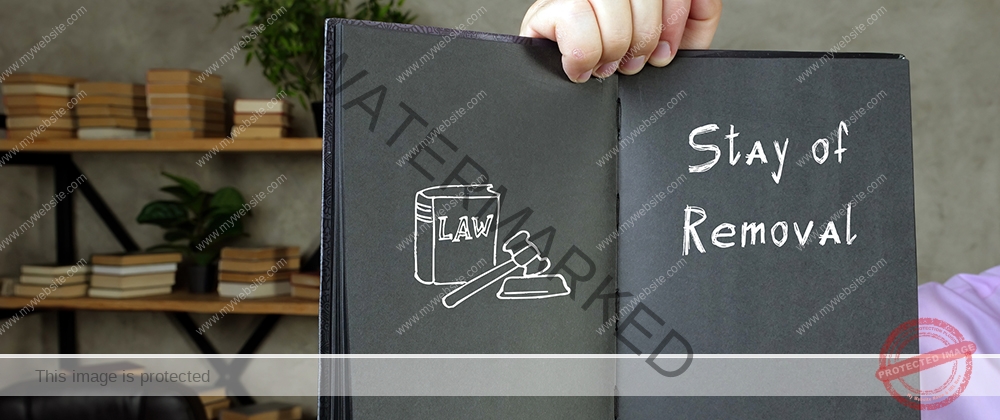Understanding the Connection Between Covid and Immigration
The backlog in the issuance of immigrant visas has been exacerbated by the COVID-19 pandemic. Many family-based immigrant visas went unused and were rolled over into the employment-based immigrant visa categories by law. Because of the U.S. Citizenship and Immigration Services (USCIS) processing delays and slow adjudications, some of the rolled-over immigrant visas also went unused, which has caused the processing backlog to grow even larger.
Why Family-Based Visas Have Gone Unused
Under U.S. immigration law, 226,000 family-based and 140,000 employment-based visas are available. Most family-based visas are adjudicated by consular and embassy officials abroad, and many consulates and embassies have been operating with a reduced capacity or have been closed because of the pandemic. Unused family-based immigrant visas do not carry over to the following year and are required by law to be rolled into the employment preferences categories. As of 2022, this means that there are more than 290,000 immigrant visas available in the employment-based preference categories. As long as the pandemic prevents U.S. Consulates from returning to their pre-pandemic processing levels, the backlog will likely continue to grow.
Backlog of Immigrant Visa Cases
The USCIS adjudicates most employment-based immigrant visas, and its processing has also slowed during the pandemic. In 2021, the USCIS reported that it had 770,386 adjustments of status cases pending, and 245,490 of those cases involved employment-based immigrant visas. At the end of the fiscal year in 2021, the USCIS had more than eight million different types of cases pending.
To speed up its adjudication of employment-based adjustments of status cases for employment-based immigrant visas, the USCIS has waived the interview requirements for applicants in several employment-based preference categories. However, the USCIS has also experienced problems with its electronic processing system, which was down for an estimated 2,076 hours between March 2020 and May 2021. That equates to more than 259 eight-hour workdays.
Since available family-based immigrant visas cannot carry over to a subsequent year and must be rolled into the employment-based preference categories, they are lost forever.
Failing to use available family-based immigrant visas contributes to the ever-growing backlog of employment-based immigrant visa cases.
The backlog and processing delays have caused numerous problems. Some employment-based immigrant applicants have waited for years to receive their adjustments of status and now have children who are getting ready to age out. Once minors reach age 21, they can no longer get green cards based on their parents’ employment-based immigrant visas.
Last year, the USCIS tried to adjudicate as many adjustments of status cases as possible to try to reduce the backlog by encouraging applicants to proactively file their medical examinations rather than waiting to receive requests for evidence from the agency. However, almost 80,000 employment-based and 150,000 family-based visas were not used. In the fiscal year 2022, the USCIS again has a record number of employment-based immigrant visas available but still does not have enough staff and resources to process them more efficiently. The USCIS now allows applicants to transfer their adjustment of status applications to different petitions, which might be helpful for eligible applicants who are eligible to transfer petitions to the EB-2 preference category.
The USCIS recently announced that it has more visas available for employment-based visas in the second and first preferences than the applications it has received. It has encouraged employment-based immigrant visa applicants to apply in one of those two categories if eligible. It has also encouraged those who have currently pending EB-3 petitions to consider transferring them to the EB-2 category if they are eligible.
The Biden Administration recently announced fee increases for most non-immigrant visas, but they will not be effective until Sept. 2022. Without legislative action, the backlog will likely continue to grow as long as the pandemic continues.
Get Help Understanding Covid and Immigration From a New York Immigration Attorney
If you are eligible for an employment-based immigrant visa and need to apply for an adjustment of status, you should speak to a New York immigration attorney at Pozo Goldstein. We can review your case and help you determine whether you might be eligible to apply under one of the first two employment preference categories. For help with immigration services, call Pozo Goldstein at 212-201-9031.




